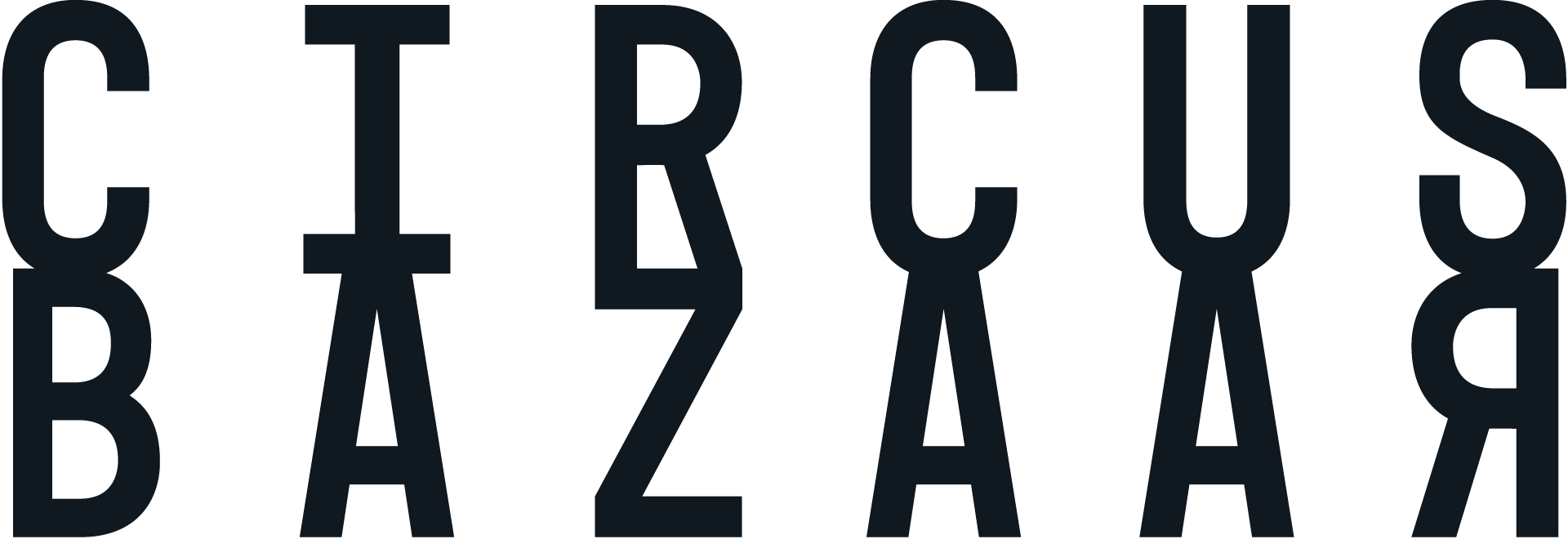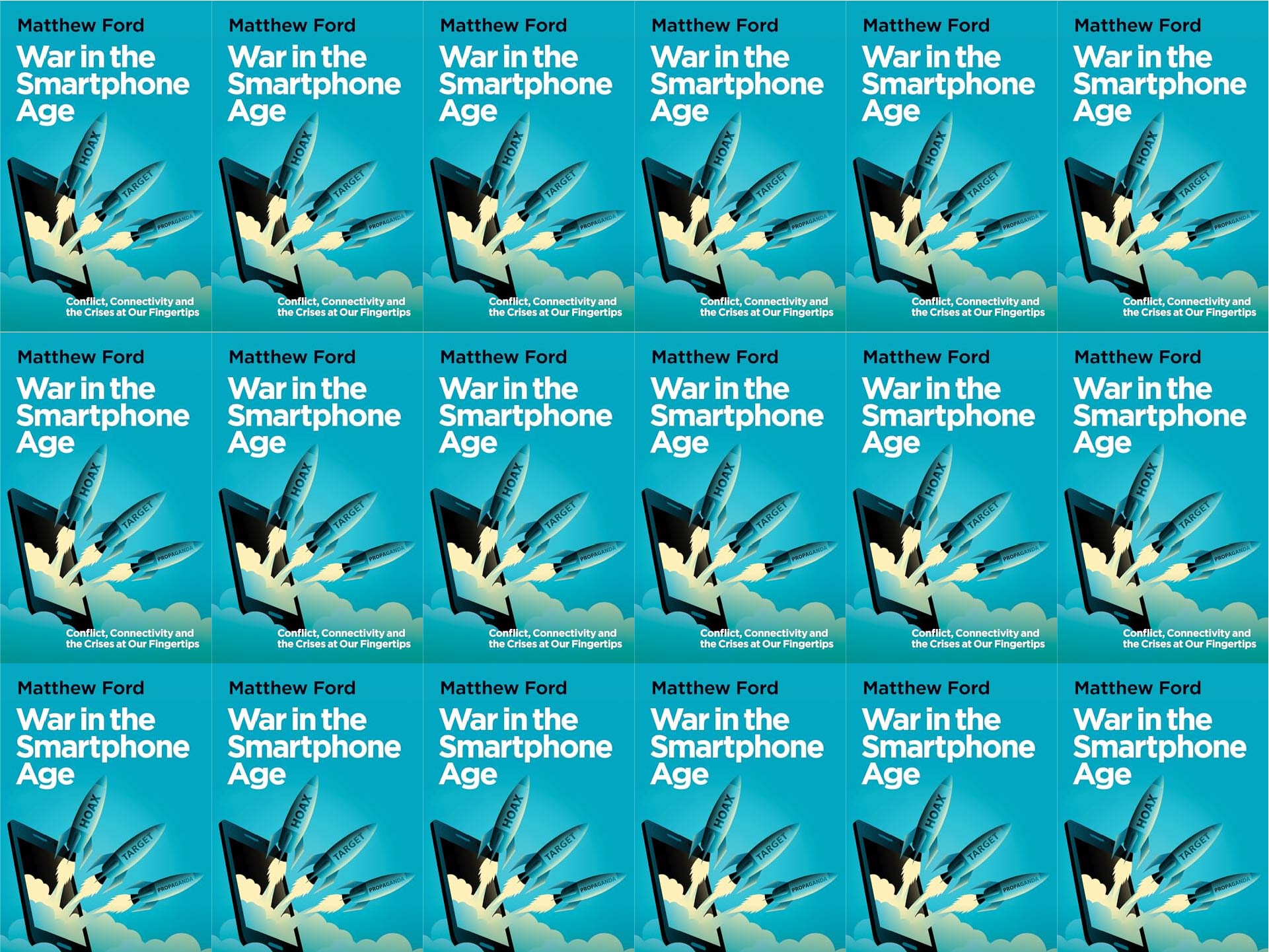I recently bought a new smartphone. It has all the latest features. I am cautious with any legal agreements I enter, but with the new phone, I am giving up. Every feature I want to use is an app. Every app has a long license agreement and terms of use. I read/skimmed the first few, and then I gave up.
I know that I am not the only one. I read about one software company who had written half way down the lines “if you have read this far, contact us on this e-mail address, and we will give you 5000$”. It took a few years, but finally they got one respondent who collected the money. Nobody reads all the license agreements. And why should we? They are written exceedingly long. The conditions are cluttered with legal jargon, exceptions, definitions, provisions and so on.
Who gets paid to write this stuff? And why are they made so inaccessible? Does it make the product cheaper or better? Does it actually give any added protection to the software provider? Has anyone been in any legal case over the breach of an app license? The last license agreement I read explicitly said that I must consent to it taking up disk space. Why do they have to say that? I already knew it takes up 2mb. Has anyone ever sued an app provider because the app takes up disk space?
Why not summarize the agreement in a few, easy to understand, bullet points? I would pay an extra dollar for any silly app, just to get away with not reading all the mumbo jumbo. An app is not a product, it seems. It is a service. And you don’t buy anything; you rent a limited service to use, for a limited time. Or you get it for free, and in return you give a donation to big data, or access to your attention for advertising purposes.
Web browsing is easier. You download a browser and start surfing. On a smartphone, any web page is an app, which is a “service”, for which you enter an “agreement”. Before web browsing, you would buy software on a CD or disk. The purchase was the agreement. And the only additional agreement was not to do anything with it, which only hackers would do anyway.
How will this look with the Internet of Things? I don’t know yet. So now is the time to talk about what it should, or should not be.
In the near future, any physical product, any appliance (tv or fridge), a carton of milk, a bottle of champagne can come with a small, cheap badge that connects it to the internet. Your fridge will “know” that there is a carton of milk in it. And the fridge could send you a message on your phone if you are out of milk, or if the milk is about to expire. But I currently have 50 apps on my phone which are shouting for my attention on whether I want to update them or not. Possibly with a new set of terms and conditions which piggybacks on the update. I don’t bother. I’ll consider an update if I think I need it.
Will the milk know where it is? If I buy a bottle of Champagne and put it in the fridge, will the bottle call home to its supplier? Will the supplier send med adds for more Champagne? Could my better part locate it (assuming we share the same IoT account), and ask me why the Champagne ended up in the fridge of my pretty co-worker, and not at home?
When I buy an IoT product, will I stand at the check-out counter of the supermarket, accepting terms and conditions for the products I bought? “by purchasing this carton of milk, you also give the supplier access to …”. I cannot opt out of the terms and conditions if I want to use the app. And I need food and appliances more than I need apps.
When I buy a product which is connected to the internet, do I also have to buy a license to use it? Will my next fridge come with a 5-year license, which I will then have to be renewed annually? Can the supplier terminate my license to use my fridge, if I breach the license?
So how should the world the world of apps and IoT devices look like?
App terms of use should state the following:
- Cost
- What in/out devices it uses
- What information it can send to the app provider
- What information is stored by the app provider
- What information it can send to my intended recipient
- Opt in/opt out.
IoT products should not make life more complicated. The terms of use should be as simple as they are today. If I buy something, I want to do whatever I want with it. Even throw it at someone if I like, and I take full responsibility for the consequences. I don’t need any “terms of use” for this; it is already governed by law.
It should be obvious to me what an IoT product does, and does not. I want an IoT free alternative.





